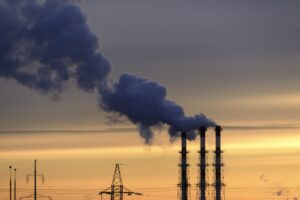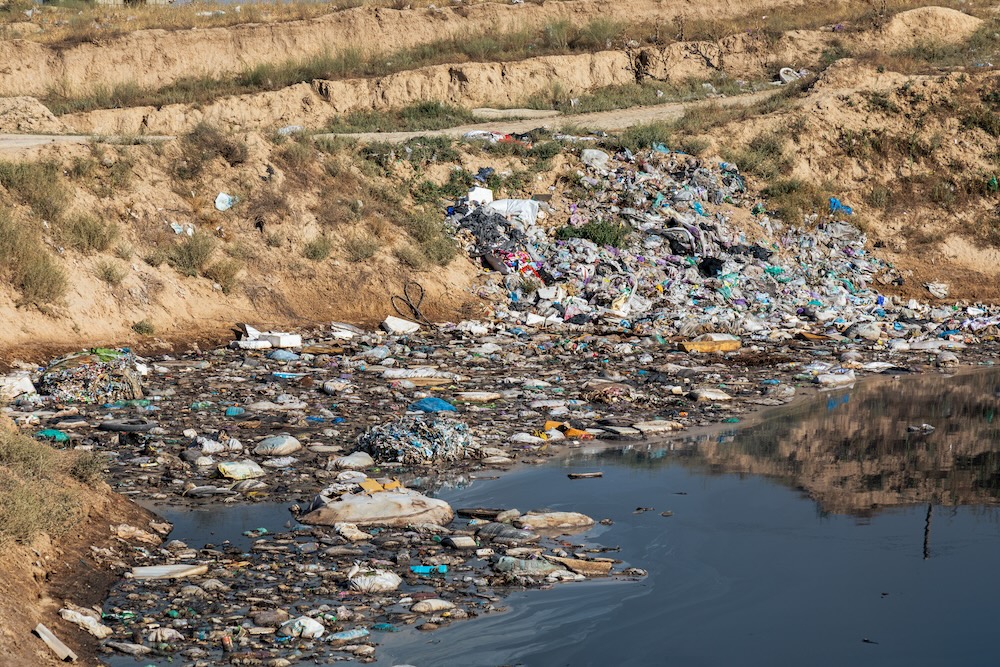Understanding Water Pollution
Water is one of the most valuable resources on Earth, sustaining all forms of life and driving essential systems like agriculture, energy production, and public health. Yet, across the globe, water pollution has emerged as a critical environmental crisis. Defined as the contamination of water bodies with harmful substances, water pollution threatens ecosystems, biodiversity, and human health.
Sources of pollution include industrial discharges, agricultural runoff, oil spills, sewage, and mismanaged waste. Left unaddressed, these pollutants compromise freshwater supplies, poison aquatic ecosystems, and erode the health of millions of people. Understanding water pollution’s scale and consequences is vital for building effective global solutions.
Causes of Water Pollution
Industrial Discharges
Factories release heavy metals, chemicals, dyes, and toxins directly into rivers, lakes, and groundwater. Inadequate waste treatment or outright negligence often leaves local communities with poisoned water. Examples include mercury contamination in the Amazon and industrial dye runoff in parts of Asia, both of which have devastated aquatic life and human health.
Agricultural Runoff
Modern agriculture is a leading driver of pollution due to excessive use of fertilizers, pesticides, and herbicides. Rain or irrigation water washes these chemicals into rivers and lakes, fueling eutrophication—the process where excess nutrients cause explosive algae growth. This depletes oxygen, creating dead zones where fish and other species cannot survive. The Gulf of Mexico “Dead Zone,” which spans thousands of square miles each summer, is one of the starkest reminders of this problem.
Improper Waste Disposal
In many parts of the world, untreated sewage and solid waste are dumped directly into waterways. This not only reduces water quality but also spreads diseases such as cholera and dysentery. Inadequate waste management infrastructure magnifies the problem in rapidly urbanizing regions, leaving millions exposed to unsafe water.
Oil Spills
Oil spills, whether from tanker accidents, offshore drilling, or pipeline leaks, cause catastrophic damage. The 2010 Deepwater Horizon spill in the Gulf of Mexico released millions of barrels of oil, coating marine life and habitats with toxins. Recovery from such disasters can take decades, with impacts lingering in sediments, coral reefs, and coastal economies.
Environmental Consequences of Water Pollution
Disruption of Aquatic Habitats
Changes in oxygen levels, acidity, and water chemistry destroy delicate aquatic habitats. Coral reefs, already stressed by climate change, are particularly vulnerable to pollution, which weakens their ability to regenerate. Wetlands, estuaries, and freshwater streams also collapse under contamination, erasing biodiversity hotspots.
Impacts on Reproduction and Survival
Many pollutants interfere with reproductive systems in fish and amphibians. Endocrine-disrupting chemicals, often from pharmaceuticals or agricultural runoff, reduce fertility and cause deformities. Declining reproduction rates cascade through ecosystems, threatening entire species with collapse.
Decrease in Biodiversity
Water pollution accelerates the loss of biodiversity by wiping out sensitive species while allowing a handful of tolerant or invasive organisms to dominate. This imbalance undermines ecosystem resilience, making them more vulnerable to other threats such as warming oceans or habitat destruction.
Human Health Impacts
Contaminated Drinking Water
Billions of people rely on rivers, lakes, or groundwater for drinking water. When polluted with heavy metals, pathogens, or industrial toxins, these sources create severe health risks. Lead contamination, as seen in Flint, Michigan, illustrates how polluted water supplies can spark crises with long-term health consequences.
Direct Health Risks from Polluted Waters
Swimming, fishing, or working in polluted waters exposes people to toxins and pathogens. Skin irritations, respiratory problems, and gastrointestinal illnesses are common. Eating contaminated seafood further compounds risks, as toxins bioaccumulate up the food chain, sometimes leading to cancer and neurological damage.
Economic and Financial Implications
Costs to Communities and Governments
Water pollution drains economies by raising costs for water treatment, reducing fisheries productivity, and harming tourism. Municipalities spend billions annually to treat polluted water before it reaches homes. Meanwhile, coastal towns dependent on fishing or recreation often face economic collapse when waters become too polluted to sustain their industries.
Solutions to Water Pollution
Stronger Government Regulations
Governments play a central role in protecting water resources. Strict pollution standards, penalties for violators, and investment in water treatment infrastructure are essential. The U.S. Clean Water Act and the European Union Water Framework Directive are examples of legal frameworks designed to safeguard waterways, though enforcement remains a global challenge.
Technological Innovations
Advances in water treatment are providing new tools to fight pollution. From advanced filtration systems to biological treatment plants, technology can remove pollutants before they reach ecosystems. Innovations like floating wetlands and nanotechnology are being tested to clean polluted water naturally and cost-effectively.
Sustainable Agricultural Practices
Farmers can adopt methods such as precision fertilization, cover cropping, and integrated pest management to reduce chemical runoff. Shifting from chemical-intensive agriculture toward regenerative farming reduces the pollution burden while improving soil and water quality.
Education and Public Awareness
Addressing water pollution also requires cultural and behavioral change. Awareness campaigns help individuals understand their impact and empower communities to demand accountability. Citizens can reduce household chemical use, properly dispose of waste, and support organizations fighting for clean water policies.
Conclusion
Water pollution is one of the most urgent environmental challenges of our time. It threatens biodiversity, undermines food security, compromises human health, and drains economies. Yet solutions exist, ranging from government regulation and corporate accountability to sustainable farming practices and technological innovation.
By working collectively—governments, businesses, communities, and individuals—we can safeguard this vital resource. Clean water is not just an environmental necessity; it is a foundation for health, equity, and global stability. Protecting our waters today ensures a healthier, more sustainable world for generations to come.








